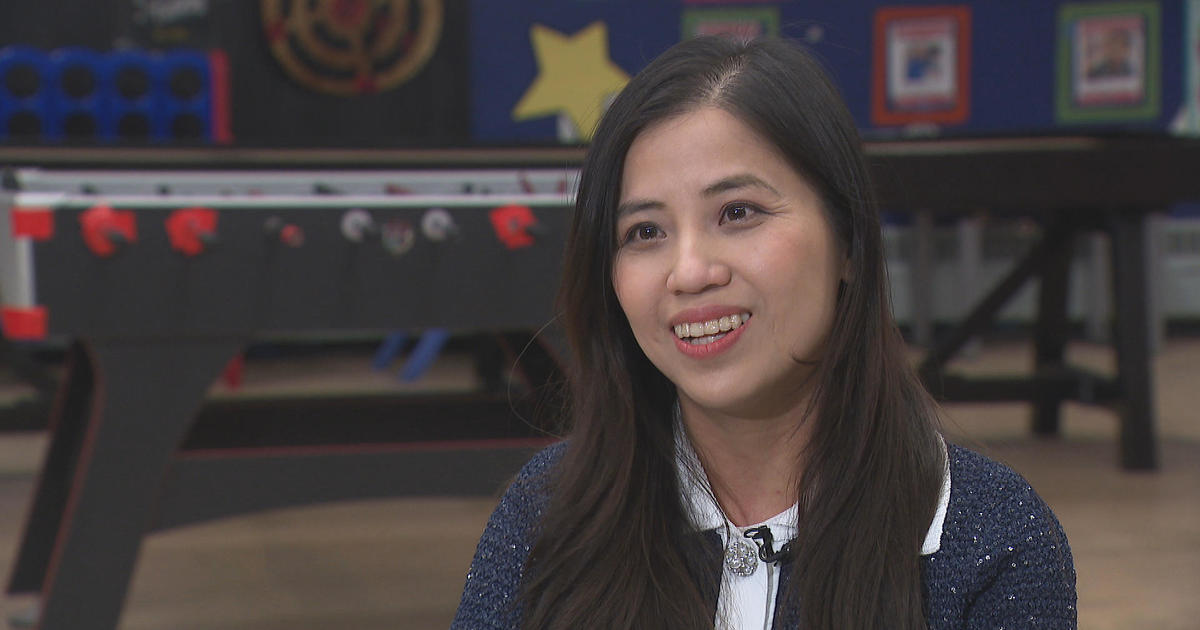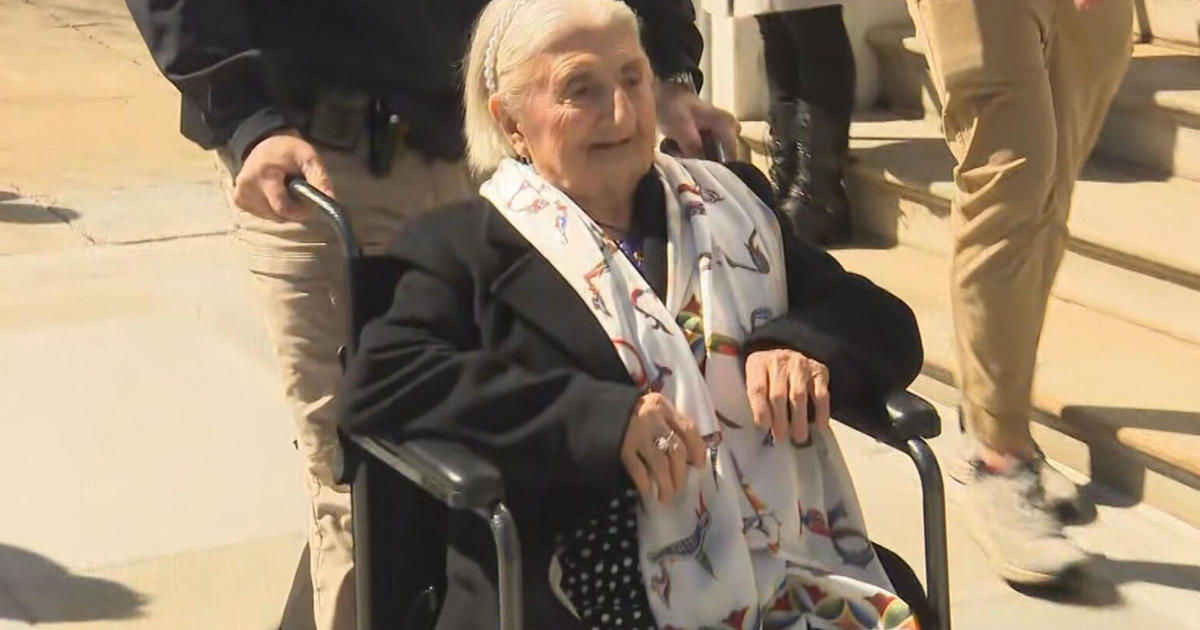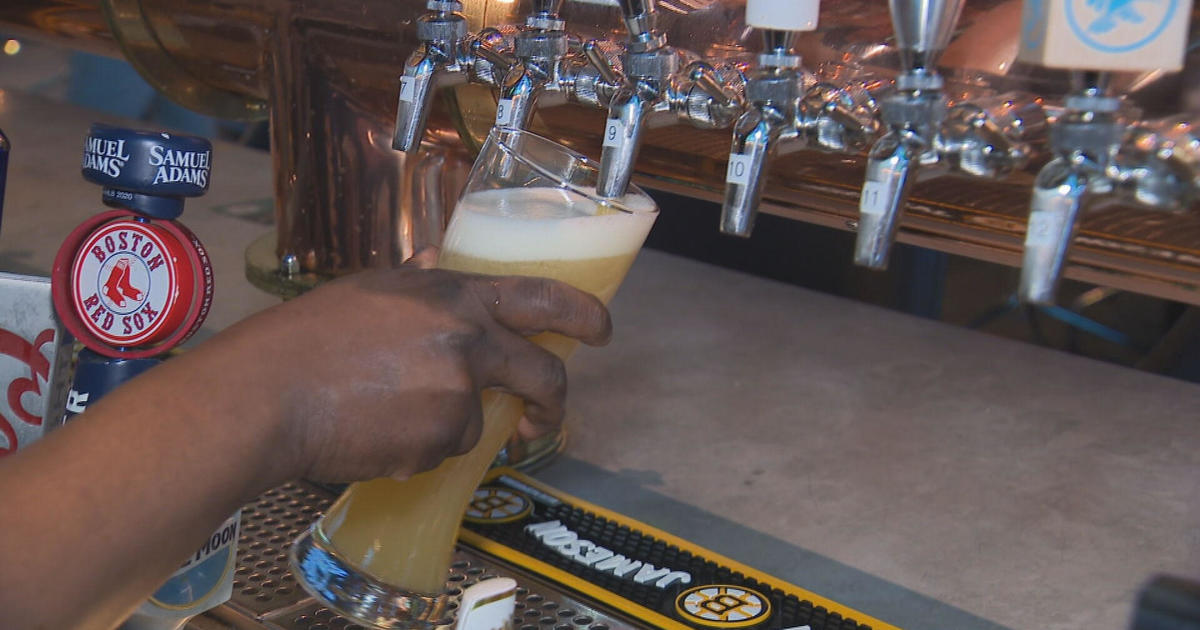Boston Children's Hospital To Offer Hand Transplants For Kids
BOSTON (CBS/AP) -- A Boston hospital is starting the world's first hand transplant program for children, and doctors say it won't be long until face transplants and other radical operations to improve appearance and quality of life are offered to kids, too.
"We consider children in a separate category from adults because they have longer to live, theoretically longer to live with the hand transplant and longer exposure to immune-suppressing drugs," Dr. Amir Taghinia told WBZ NewsRadio 1030."You need to ask yourself if the risk of the immune-suppressing drugs justifies the improvement in quality of life."
WBZ NewsRadio 1030's Karen Twomey reports
Children's Hospital To Start First Hand Transplant Program For Kids
The move shows the growing willingness to do transplants to enhance a patient's life rather than to save it as donated hearts, livers and other organs have done in the past. More than 70 hands and at least 20 faces have been transplanted in adults, and doctors say it's clear these operations are safe enough to offer to children in certain cases, too.
"We feel that this is justifiable," Taghinia said of the pediatric hand program he will lead at Boston Children's Hospital.
"Children will potentially benefit even more from this procedure than adults" because they regrow nerves more quickly and have more problems from prosthetic hands, he said.
Only one hand transplant is known to have been done in a child — a baby in Malaysia in 2000. Because the donor was a twin who died at birth, her sister did not need to take drugs to prevent rejection.
That's the main risk in offering children hand transplants — the immune-suppressing drugs carry side effects and may raise the risk of cancer over the long term.
Listen: WBZ NewsRadio 1030's extended interview with Dr. Amir Taghinia
Extended Interview With Dr. Amir Taghinia
However, one independent expert thinks the gains may be worth it in certain cases.
"We understand so much more about immune suppression" that it's less of a risk to put children on it, said Dr. Simon Horslen, medical director of the liver and intestine transplant program at Seattle Children's Hospital. "This is never going to be done as an emergency procedure, so the families will have plenty of opportunity to weigh the options."
Also, a hand can be removed if rejection occurs, and that would not leave the child worse off than before the transplant, Horslen said.
Several types of kids might be candidates — those born without hands, children who lose them in accidents and children with infections that wind up requiring damaged hands to be amputated.
Quality of life is a key concern for people missing arms and hands — prosthetics for those limbs are not as advanced as those for feet and legs. In December, doctors at Johns Hopkins Hospital in Baltimore did a double-arm transplant for former soldier Brendan Marrocco, who lost all four limbs while serving in Iraq. It was the seventh double-hand or double-arm transplant performed in the U.S.
For a child missing two hands, "the quality-of-life issues are a big deal," said Dr. Douglas Diekema of the Center for Pediatric Bioethics at Seattle Children's Hospital and a member of the American Board of Pediatrics' ethics committee.
"In terms of how we interact with the social world, it's mostly our face and our hands," so a transplant "is a reasonable thing to offer a family," he said.
Boston Children's Hospital plans to make its first cases healthy children 10 or older who are missing both hands.
"Some of them can't feed themselves, they can't go to the bathroom, someone needs to assist them with almost every activity," Taghinia said.
The hospital also will consider children missing one hand who already are taking immune-suppressing drugs because of transplanted organs, or those with only one hand that doesn't work well.
The hospital will cover the cost of the operation and care for three months afterward, then ask insurers to pay for immune suppression and follow-up.



